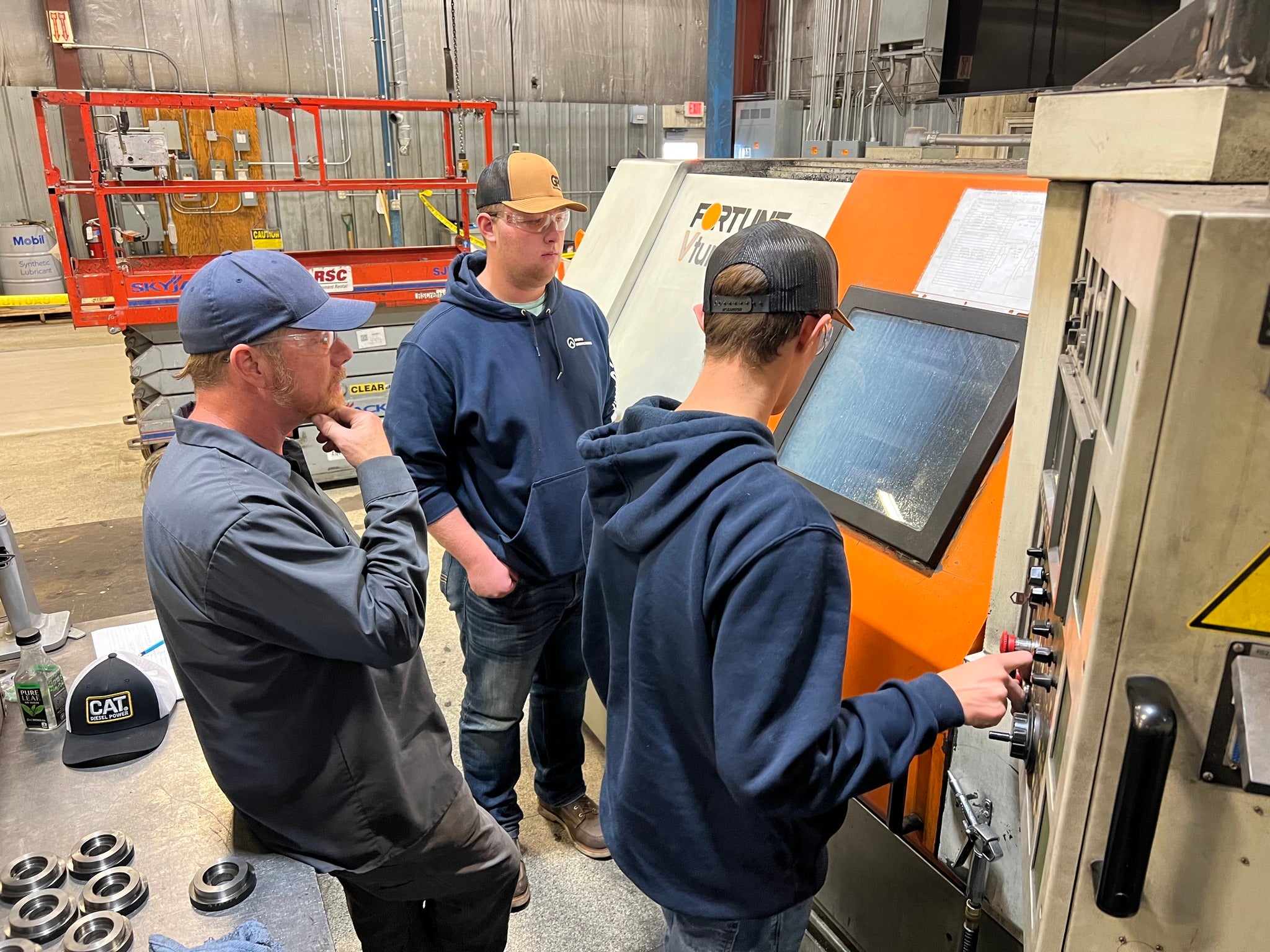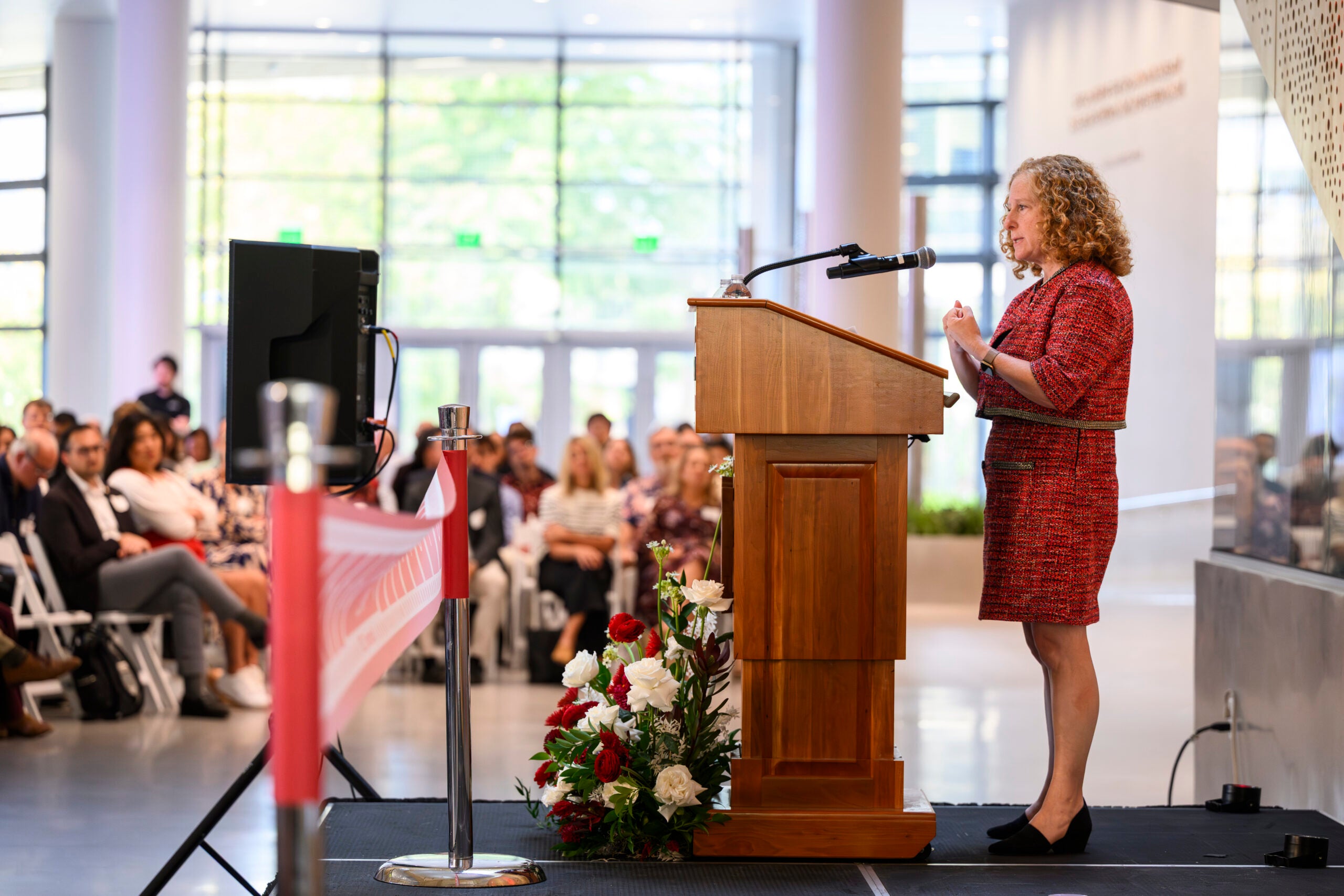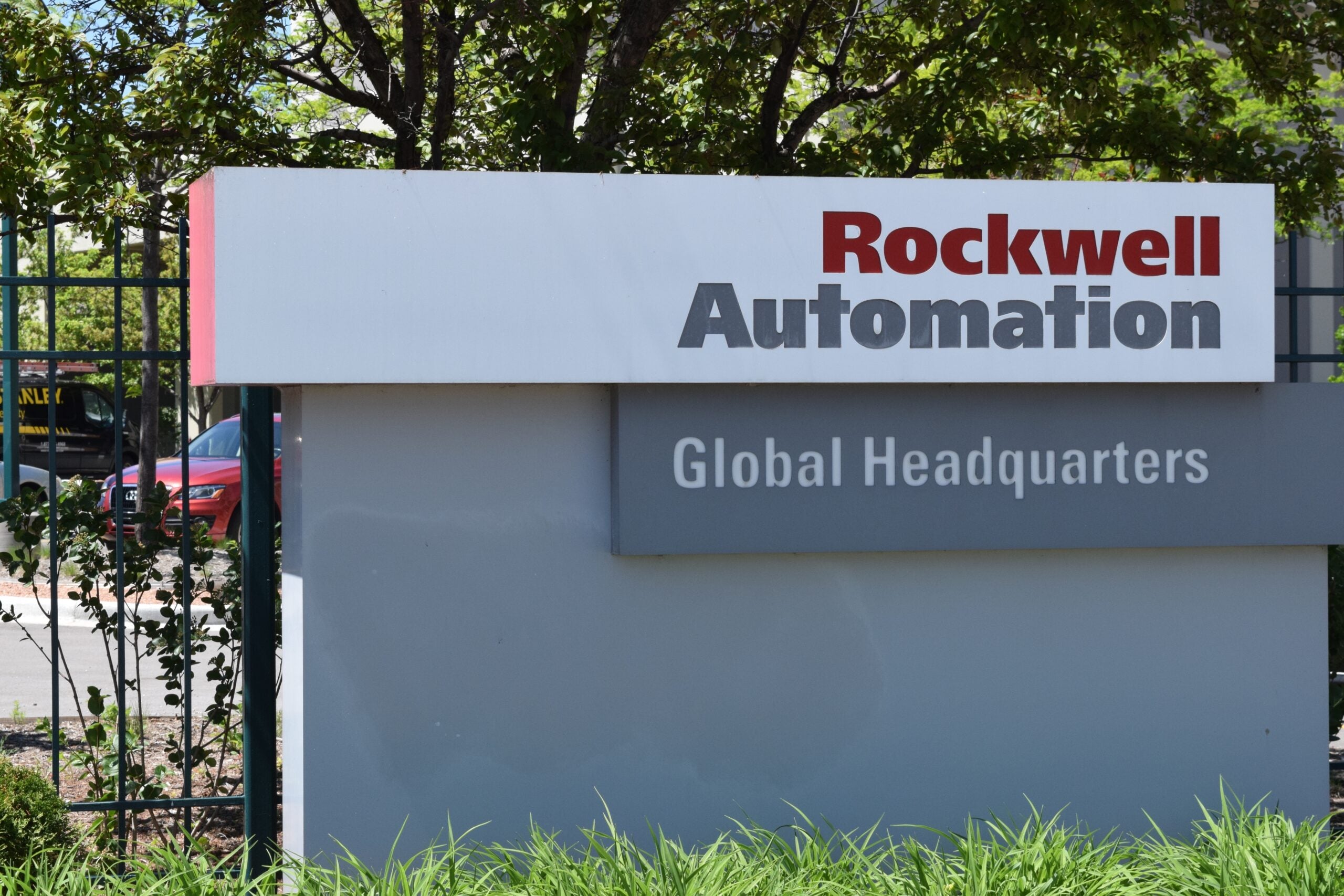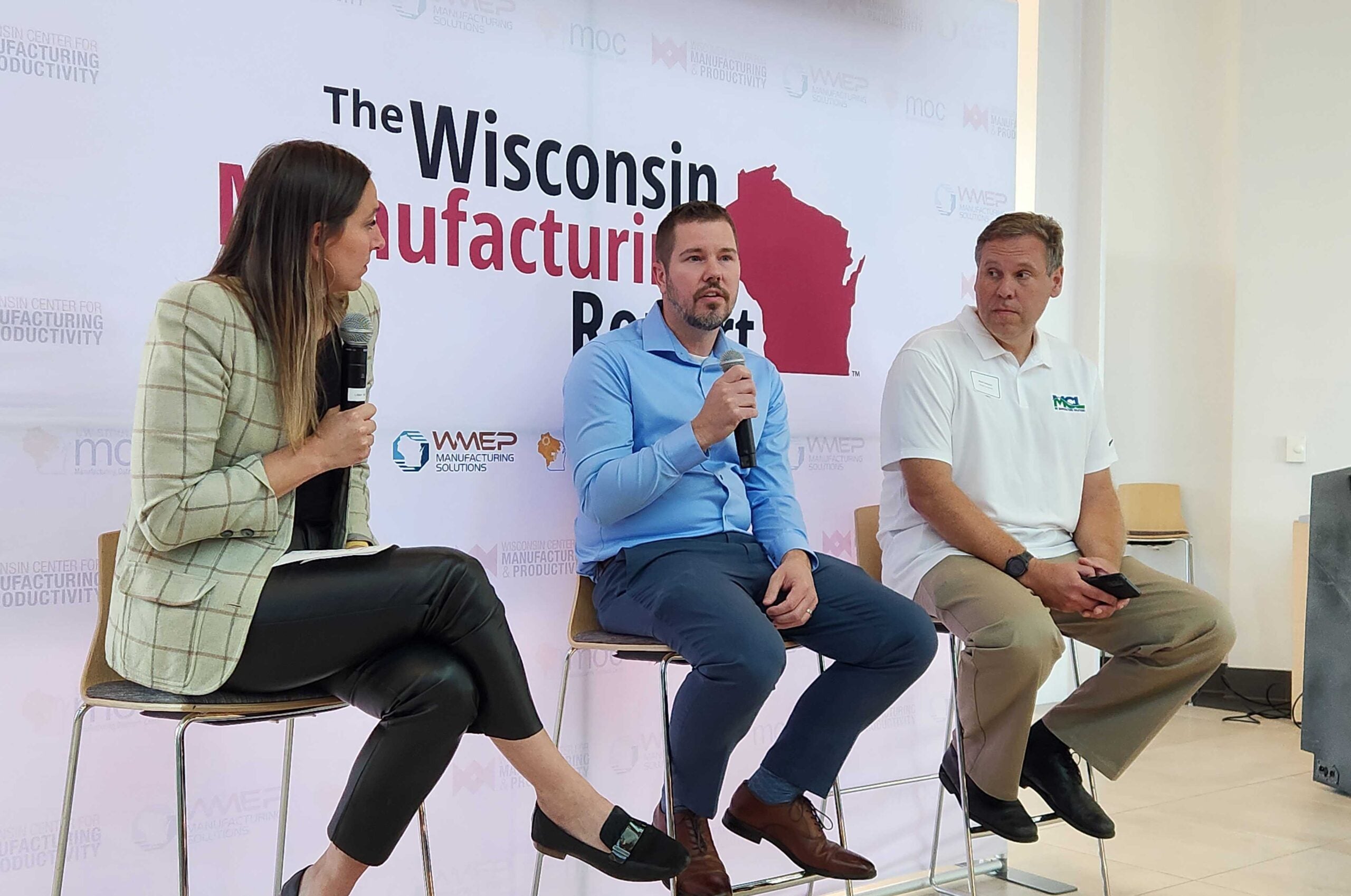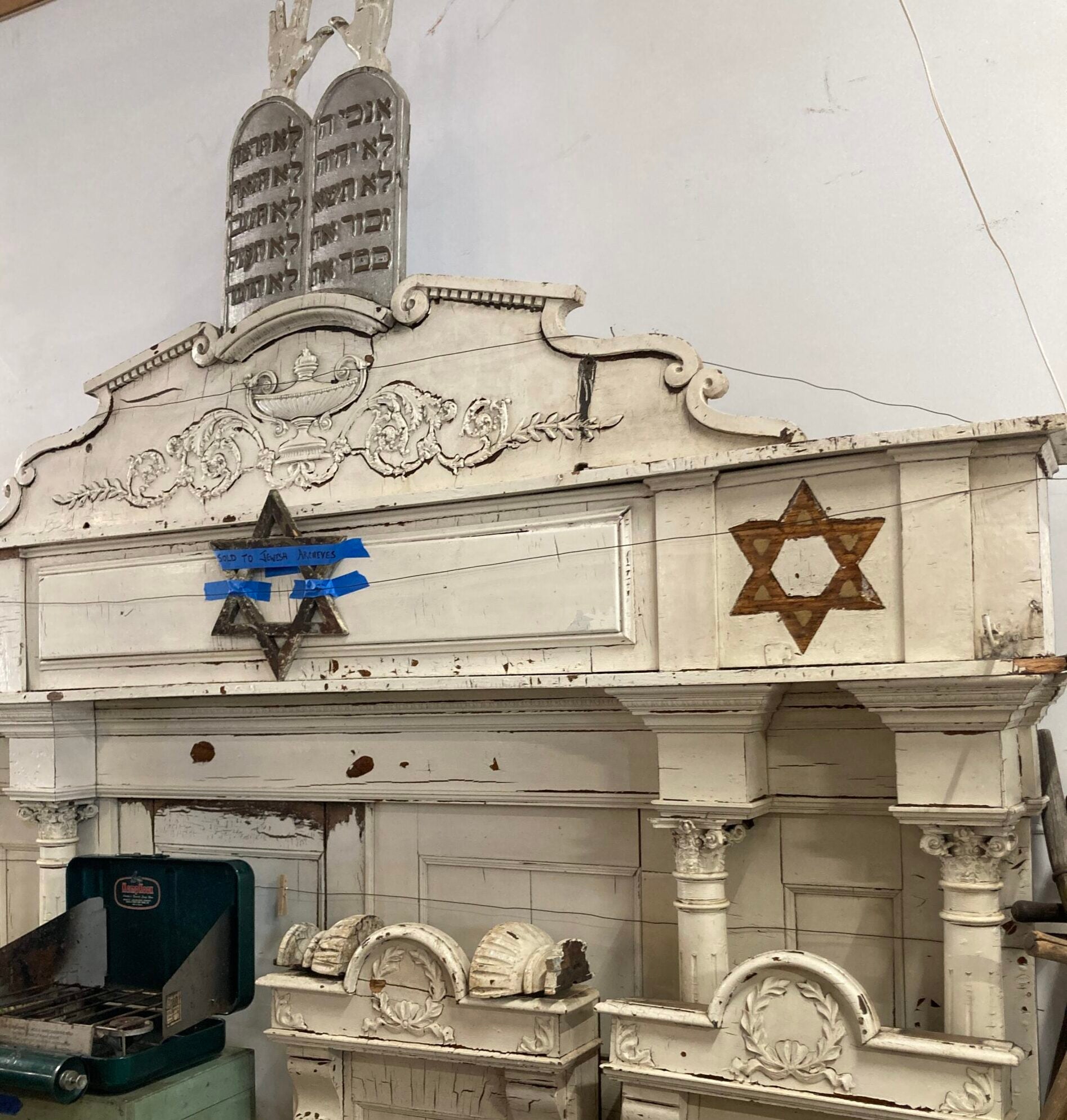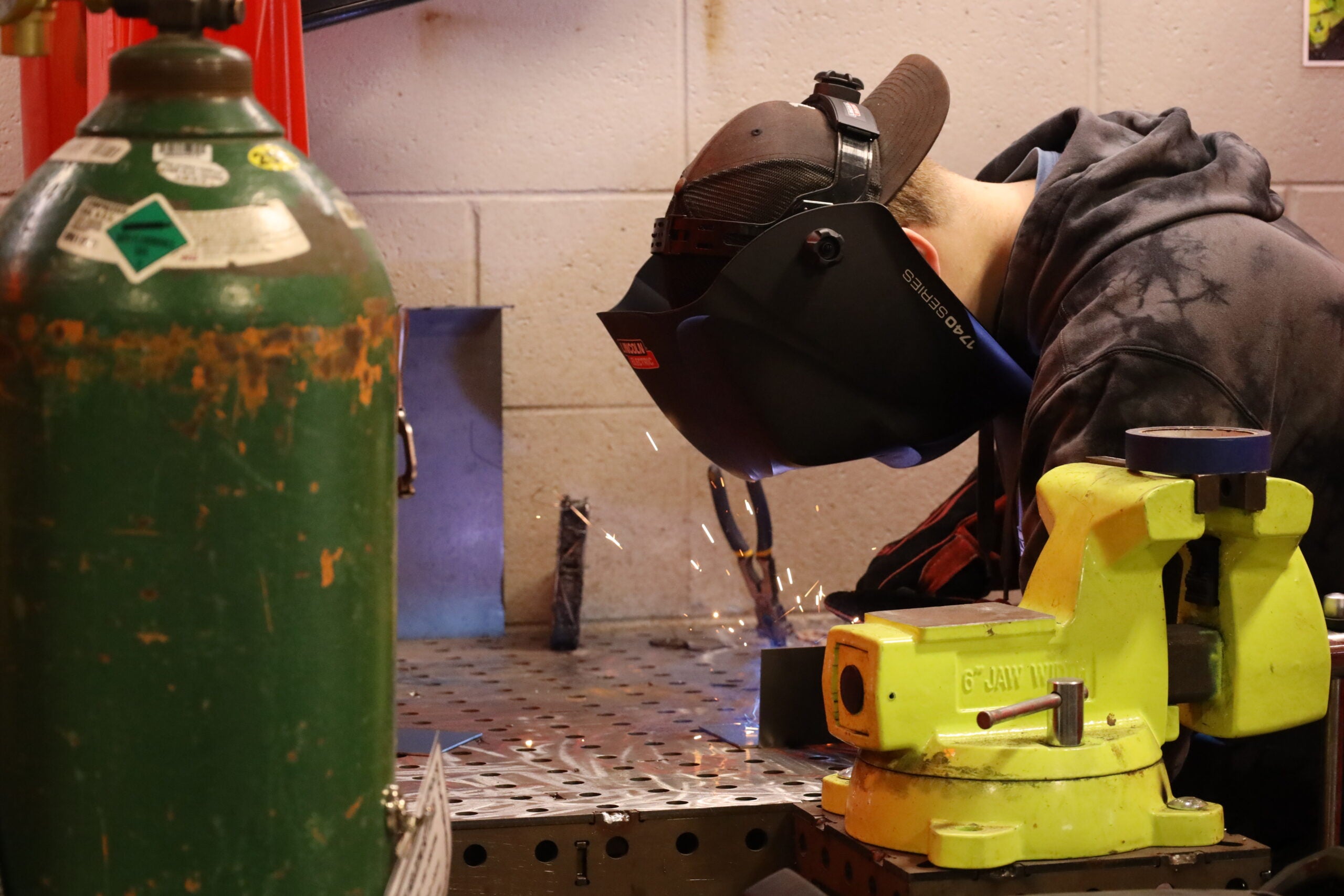Vocational education in high school is nothing new, but it can be particularly rewarding when students create real products that are marketed and sold by real businesses. That’s the logic behind Spartan Manufacturing, an enterprise at Superior High School that contracts with local companies to produce a variety of products while teaching students valuable skills in the process.
“We make all sorts of things,” said Jack Milliken, the student production manager who is planning on majoring in engineering in college. “Basically, if a potential customer brings something in to us to see if we can build it, we will usually be able to.”
Millikin and Adam Kuhlman, the program’s faculty advisor, spoke with WPR’s Robin Washington on “Morning Edition” about the enterprise, including where the program’s finished products can be seen around the area.
News with a little more humanity
WPR’s “Wisconsin Today” newsletter keeps you connected to the state you love without feeling overwhelmed. No paywall. No agenda. No corporate filter.
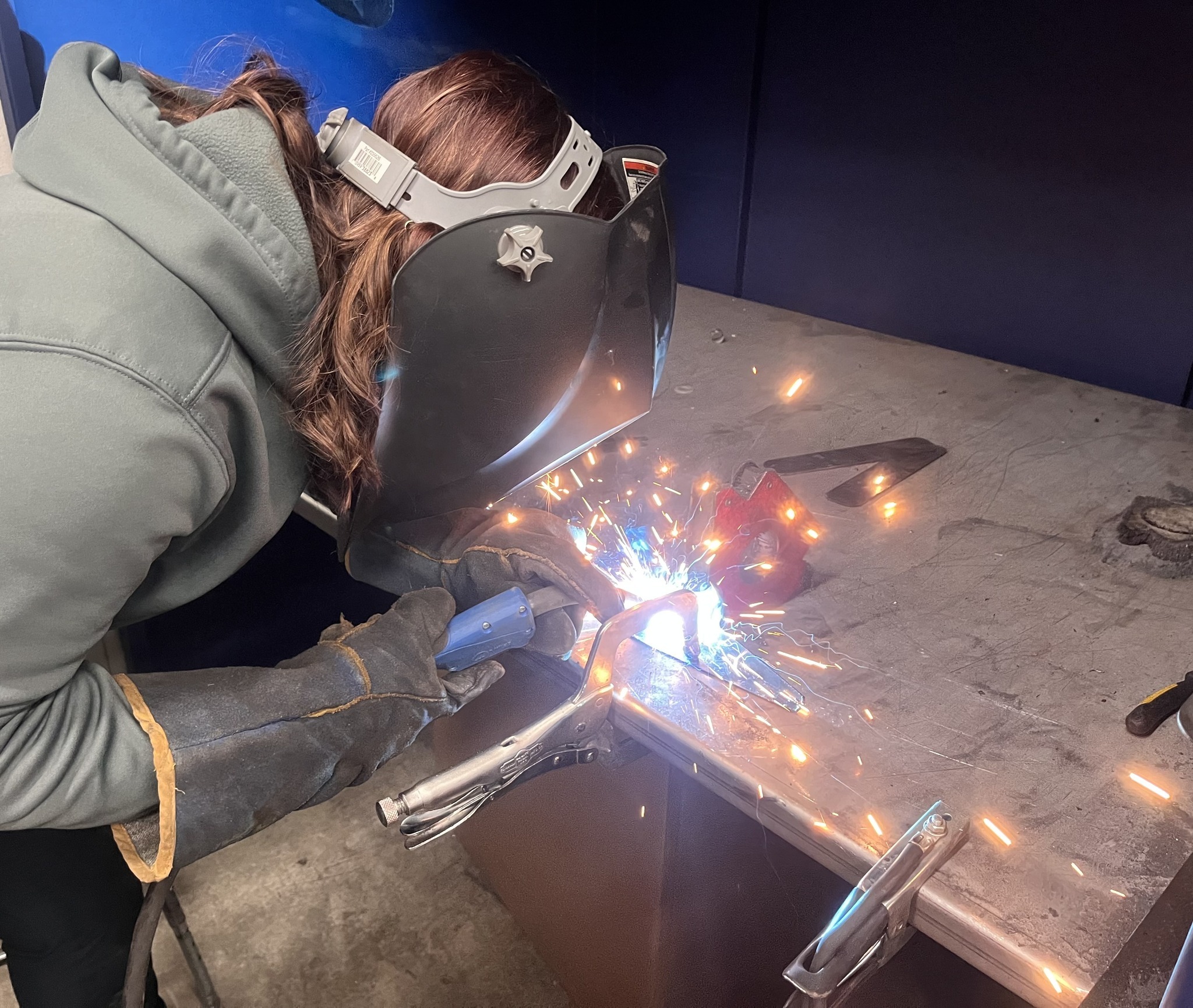
This conversation has been edited for clarity and brevity.
Robin Washington: Part of the program’s mission is to give students exposure to a variety of trades and industries, while helping local employers find workers with the particular skills they need. Tell us about that.
Adam Kuhlman: Two years ago, we realized we’ve got a lot of entry-level classes where students get the basic skills, but not a lot of time to hone those skills. So myself and Mr. Gillespie, the other instructor, talked to local businesses and asked them what we should be teaching.
We really try to meet the needs of employers.
RW: Can your graduates go right to work after graduation or is this to prepare them for further skilled worker education?
AK: Most of them are still going to need some further education. In our area, you’ve got the opportunity to go on to Northwood Tech or Lake Superior College or other technical colleges.
RW: What types of machinery do you use?
Jack Milliken: I started out in the metal shop working on lathes and mills mainly, but I recently have been using a lot of CAD (computer-assisted design) software because I’m looking to go into engineering. I can make prints of those designs and send them out into the shop where either I will work on them using one of our CNC mills or other students may, either welding or using routers or belt sanders in the wood shop. We use just about anything you can think of to get a product out the door.
RW: What are some of your products?
JM: Recently, we’ve been doing signs; some big ones but also small metal art signs, like with family names on them or a business name. We also make mugs, cutting boards, parts that go inside different machines for different companies.
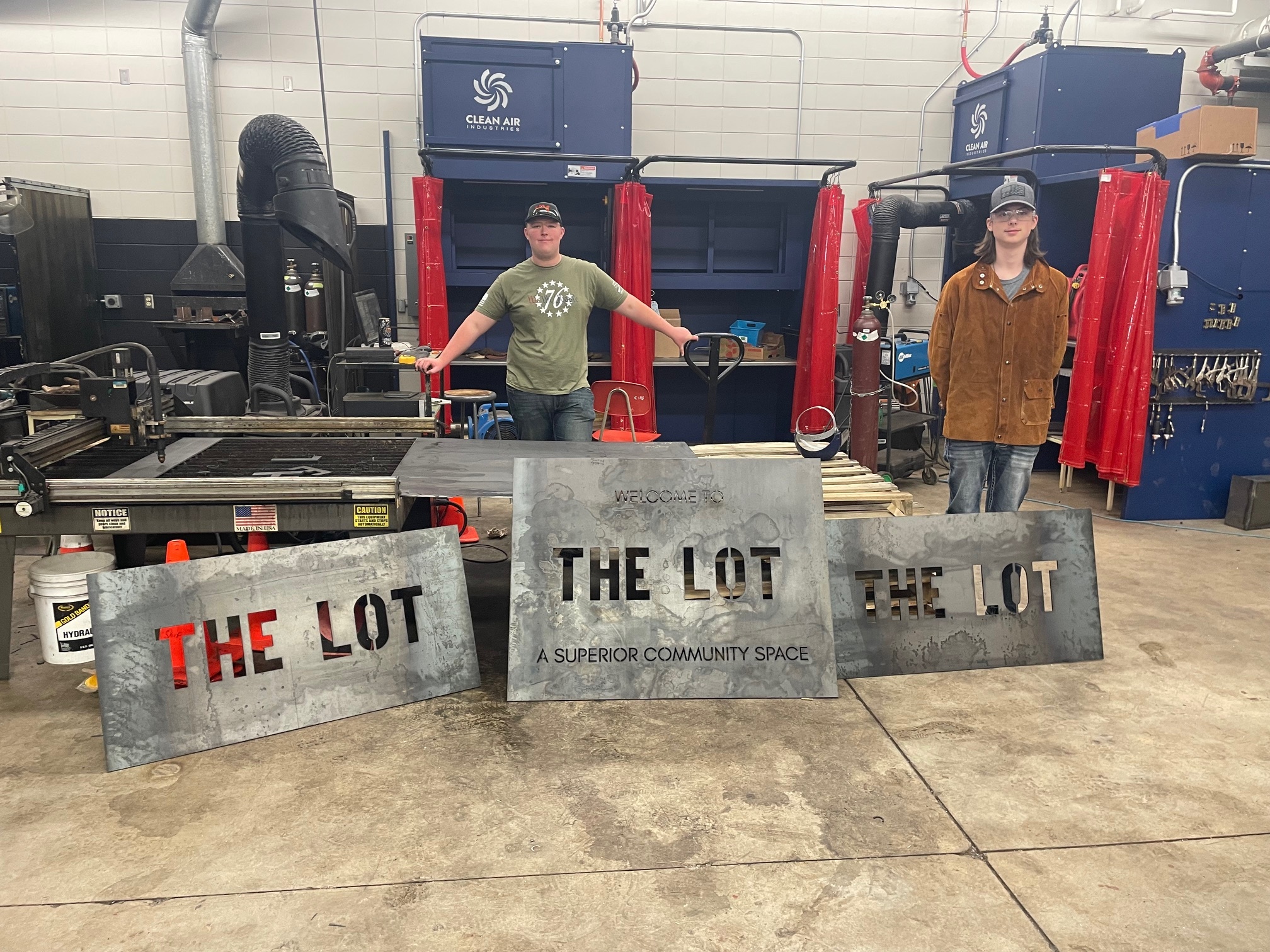
RW: Are there any signs we might recognize around town?
JM: The Anderson & Hammack Construction sign on the corner of Tower and Third in Superior. There’s also the Superior farmer’s market.
RW: What does it take to get a student up to speed? I would imagine that the instruction in one 45-minute class period wouldn’t quite qualify you to operate a lathe.
AK: Instead of a traditional 45-minute class period, we’ve got an hour and a half. If we’re doing something that’s more complex, we’ve got time to get the tooling set up.
We encourage kids to take the entry-level classes in their freshman and sophomore years, so if a student wants to be a welder, they should take Metals 1 and then Metals 2.
We also have students who have never set foot in the shop but business is their passion. They’re helping with our marketing or communication with customers.
RW: Speaking of the business side, do students get paid? And if companies pay for your services, where does that revenue go?
JM: We put our profits back into the shop to build our program further. What students are going to take away from Spartan Manufacturing is the skills we learn here. That includes both the technical skills and soft skills, like shaking a hand, making eye contact, learning what a client wants out of a job. It’s basically learning how to do business.
If you have an idea about something in northern Wisconsin you think we should talk about on “Morning Edition,” send it to us at northern@wpr.org.

